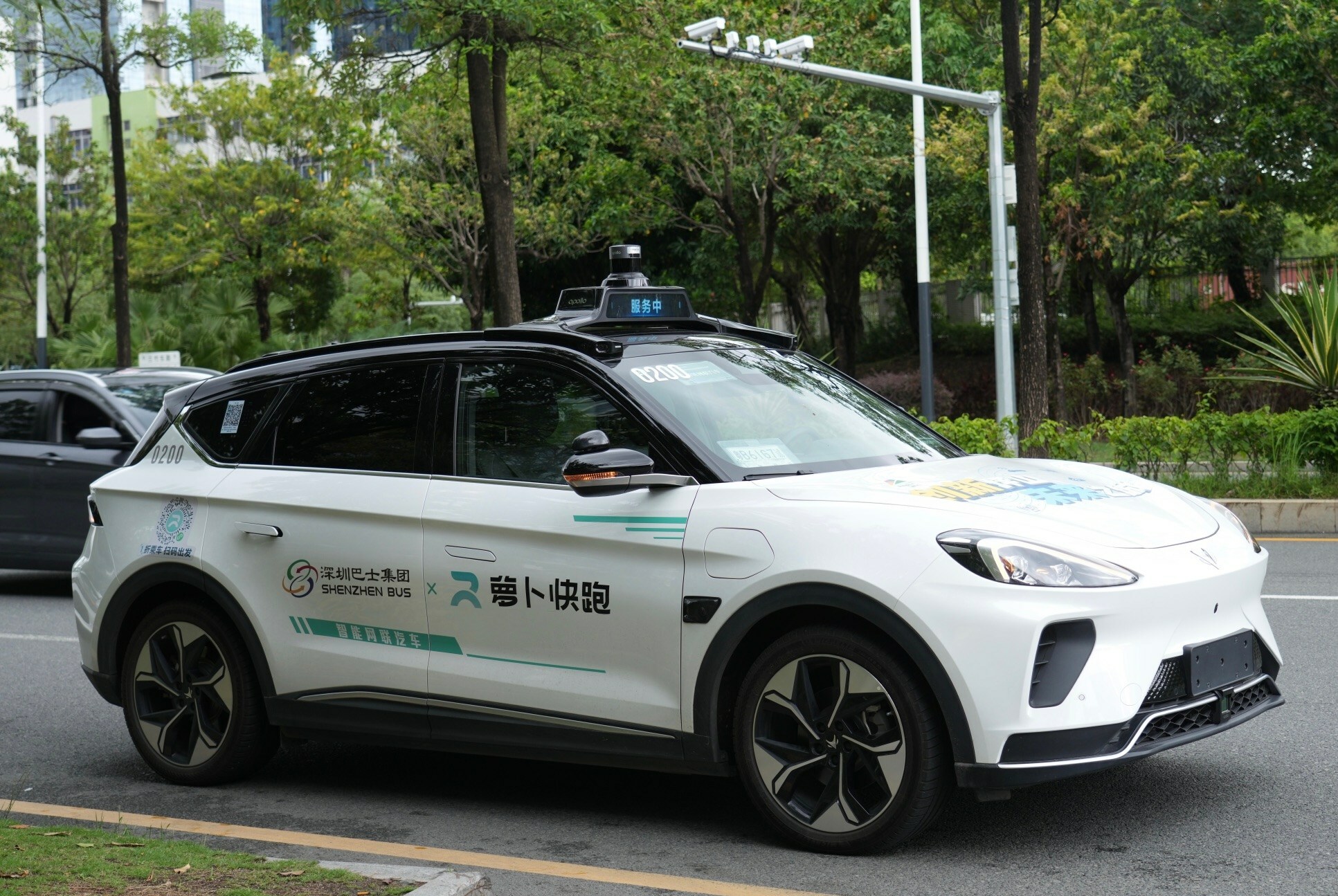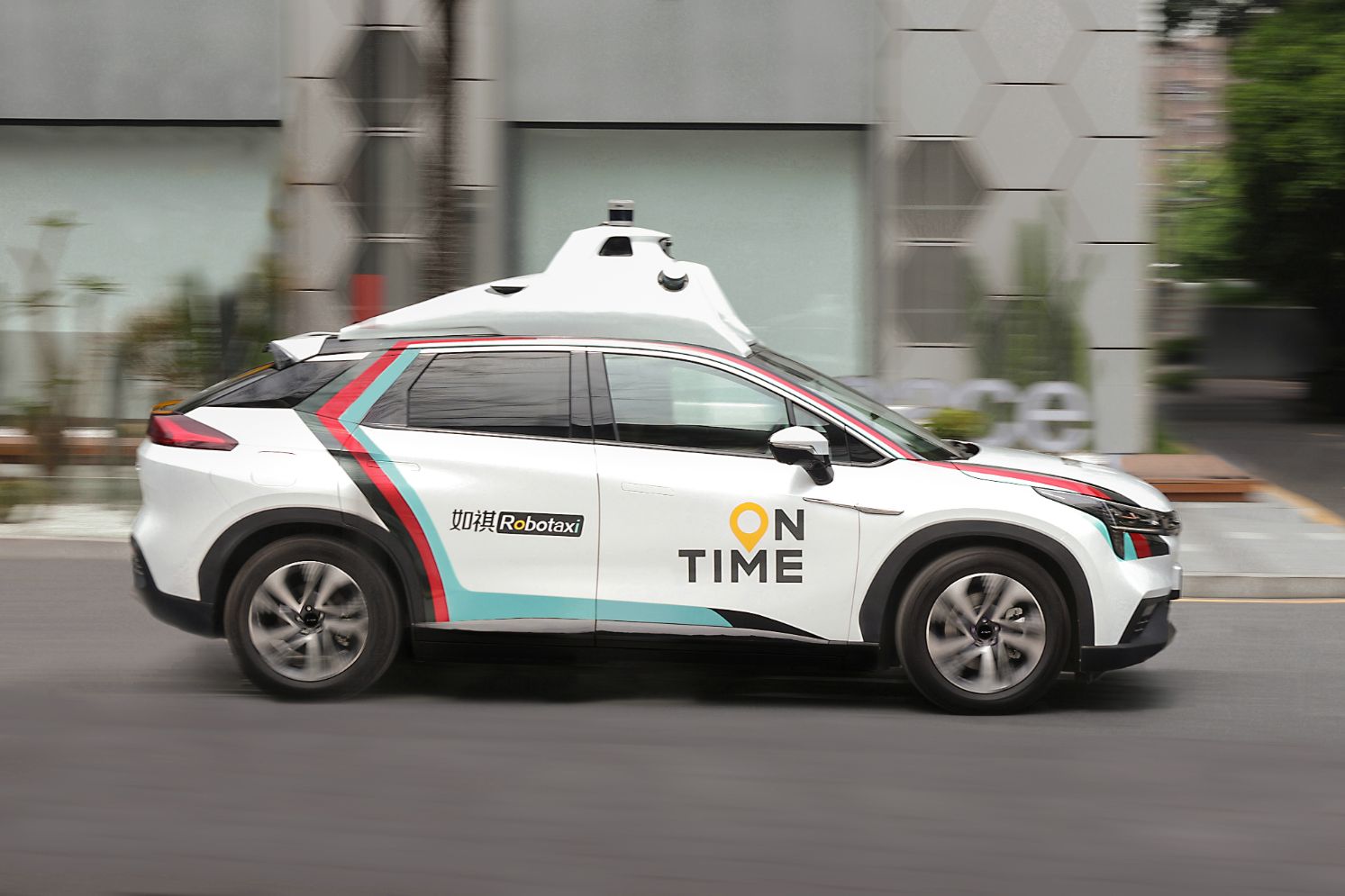Baidu and XPeng, two Chinese companies specializing in automated driving, have made significant advancements in their respective technologies.
Baidu, the internet giant, has announced that its fully driverless self-driving taxis have received commercial operation approval in Shenzhen, a bustling southern city in China. Shenzhen has been at the forefront of embracing autonomous vehicles, implementing progressive regulations for their deployment since July of last year. Baidu’s Apollo Go ride-hailing service, which operates without a safety operator in the vehicle, has now been given the green light to operate in Shenzhen, making it the fourth city in China to do so, joining Beijing, Wuhan, and Chongqing.
Under the new license, Baidu’s self-driving taxis can operate across a substantial 72.5 square mile area in Shenzhen from 7 a.m. to 10 p.m. daily. Users can access the service through the Apollo Go app, as well as Baidu Maps, the Baidu App, and other platforms. Baidu plans to further expand its self-driving taxi business, which it claims is the world’s largest, by adding 200 more vehicles to its fleet by the end of this year.
In the realm of advanced driver assistance systems (ADAS) for private car buyers, XPeng has achieved a notable milestone. The company is celebrating the availability of its City Navigation Guided Pilot (NGP) ADAS in Beijing, the capital city of China. XPeng is the first company to commercially offer this type of technology, and its expansion into Beijing means it is now accessible in four major Chinese cities, including Guangzhou, Shenzhen, and Shanghai. XPeng’s City NGP utilizes an array of sensors, including cameras, lidar units, millimeter-wave radars, and high-precision positioning, facilitated by the XNet deep learning neural network.
City NGP enables advanced driver assistance features in complex urban scenarios, commonly encountered in densely populated and congested Chinese cities. It offers various functionalities such as maintaining a safe distance from vehicles ahead, lane changing, navigating merging or splitting roads, avoiding obstacles or stationary vehicles, and reacting to traffic lights. Additionally, it facilitates turning at intersections, roundabouts, and tunnels, as well as avoiding collisions with pedestrians and cyclists. XPeng constantly evaluates and optimizes City NGP, continually enhancing its capabilities.
XPeng aims to expand its ADAS functions to numerous cities throughout this year, including urban areas lacking high-definition mapping coverage. The company’s progress is attributed to the XNet deep learning neural network, supported by China’s leading autonomous driving supercomputing center and its internally developed closed-loop AI and data system.






